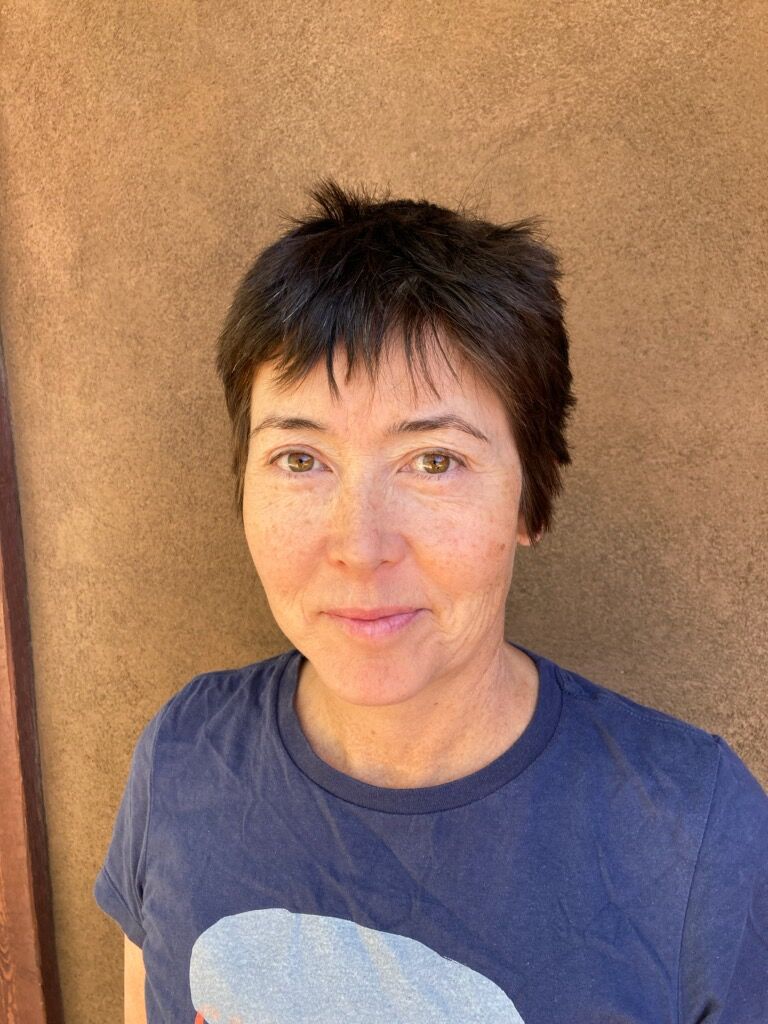Some information may be outdated.
I’m not an activist or a political campaigner. Generally, I’m not that comfortable talking about power or systemic racism. I listen to others and I nod. I avoid conflict because I want people to like me. I’d rather talk about food or gardening, skiing or adventures. Maybe it’s my upbringing.
On my dad’s Japanese-American side of the family, we don’t talk about anything that might be shameful. For two and a half years, our government incarcerated every member of my family – three generations’ worth – because of our ancestry. We do not talk about this in my family, except to mention that the food was monotonous: too much curry.
On my mom’s Anglo-American side of the family, we don’t talk about anything, as it might sound like complaining and that’s just not proper.
But it’s time to stop making excuses and shirking my responsibility. The truth is that silence about oppression implicitly supports racism. It’s a machine designed to keep white folks on top while appearing like the natural order of things.
I am a person of color who most of her life has passed as white. I have benefited from the system of oppression that is the status quo and that this country was founded on. I have taken my privileges for granted. I have operated with the unconscious assumption that the United States is truly a meritocracy where equal opportunity is the rule and if one works hard enough, they can pull themselves up and be successful.
Rationally, I have known for a long time that this is not true. People of color in this country are systematically denied access to resources the rest of us regard as our due. It was not until I did some active introspection, with the help of mentors and friends, that I realized I judge people by the efforts they make without considering the unlevel playing field we all stand on.
Because I pass as white, I can be sure that I can go jogging, or birding in a park, or ask for help from a police officer and be confident that they will not try to kill me. I can submit this column and be confident it will be published and read. People of color in America cannot be confident of these things. This has been true since white settlers first landed on this continent.
White privilege doesn’t mean that your life hasn’t been hard, it just means that the color of your skin did not add to the difficulties. Racism means that on top of the hardships of living, there are added, invisible challenges to navigate. As a person of color, you know exactly what that is, you feel it, you live it, but the world around you acts as if these barriers don’t exist.
In Moab, we live in a place where issues of race can seem far removed. Maybe you like living here because you can escape the discomfort you feel in thinking or talking about it. I am addressing the 82% of Grand County that is white. It’s time to take responsibility for our complicity. As white people, being racist and oppressive is the system we were brought up in – you benefit every day from the oppression of others. I’m not saying you are bad for the position you were born into. I’m saying you need to be honest with yourself.
We must do more. Consider working to educate yourself and doing the hard internal work to understand your own biases and actively work against them. You may believe you are a kind person and simultaneously believe that you deserve the life you have because you worked hard for it. No one is denying that you work hard. But can you own that you had help along the way that is not available to everyone? If we do not, then we are perpetuating the horror house that racism creates. Not being a racist isn’t enough, we must live and breathe anti-racism. We must hold each other to higher standards, help to educate one another, and continue to grow. We can’t forget the history of how and why white people have the privilege that we have and we must put that privilege to use to dismantle the systemic oppression that makes our lives easier and more convenient at the expense of others. I am sorry for the harm I have perpetuated by being silent and I commit to speaking up.
What will you do?
Kendra is a resident of Moab. This is her first submission to the Moab Sun News.
Appreciate the coverage? Help keep local news alive.
Chip in to support the Moab Sun News.



